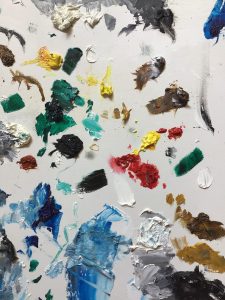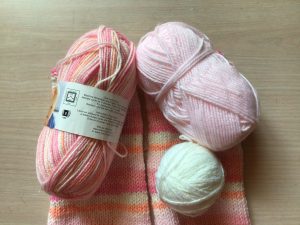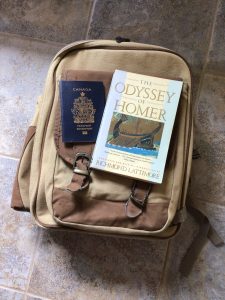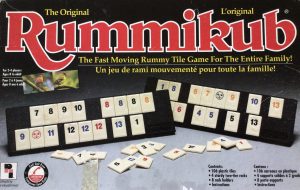
“Way to resist temptation!” said our pastor and his wife. I had not seen them sitting at the cafe table nearby, watching me walk slowly past the pastry display case in the store, dragging myself past it to the exit door. We all laughed – that time I’d been able to resist. At other times, I’ve not been so successful at avoiding the lure of a tasty treat.
“No more cookies”, said our son to our little granddaughter. “I’m just looking,” she replied, with longing eyes lingering on the plate of cookies sitting on the kitchen shelf.
And food is just one temptation. Sometimes it feels as if life is full of them, the desire to give in to the momentary pleasure or leisure that can cost us our health, relationships and wellbeing. Looking is often the first step to being ensnared, before we begin to entertain the desire in our hearts. There are the rich desserts, the sparkling alcohol, the beautiful objects too expensive for our budget, the experiences and talents others have that tempt us to abandon our own unique gifts, the greener grass on the other side.
There’s also the temptation to avoid the difficult task or conflict, to take the easy road. Housework never looked that appealing until it was a way to put off writing my college essay that was due. Writers know all about procrastination. There’s the temptation to take a shortcut, do the minimum amount of work required to get to our goals more quickly.
Sometimes there’s the temptation to despair. When we see the evils around us and within us, it feels as if there is no end to them. The “idol-making” factory in our hearts sets up objects and tempts us to worship them again and again.
Jesus resisted three symbolic temptations: to misuse his divine power by turning stones into bread, for his personal benefit; to avoid human responsibility by throwing himself down from the highest point in the temple, a kind of fatalism; to succumb to greed for earthly splendour by worshipping Satan instead of God. In the Garden of Gethsemane, he held fast to God’s will though he knew what the cost would be.
We do become familiar with our weaknesses, and know for some situations it’s best to stay far away from the snare. If we buy junk food in the store, it’s almost impossible to avoid reaching into our cupboard for it: the point of resistance is easier to maintain when it comes early.
Knowing what we value helps, so that we can reframe with the long view in mind. As Bob Gass wrote in his devotional, The Word for Today, “The battle is not just over your present – it’s over your future.” We can zoom out the lenses to get a context. What impact will these decisions, large or small, have on health, integrity, relationship with God, family, community over time?
God’s Word promises us that we will not be given more temptation than we can handle. In His goodness, He provides a way out. When the temptation seems overwhelming, it will always be there. Look for it.
“Fear not that thy need shall exceed His provision,
Our God ever yearns His resources to share;
Lean hard on the arm everlasting, availing;
Thy Father both thee and thy load will upbear.”
Excerpt from He Giveth More Grace, Annie J. Flint




